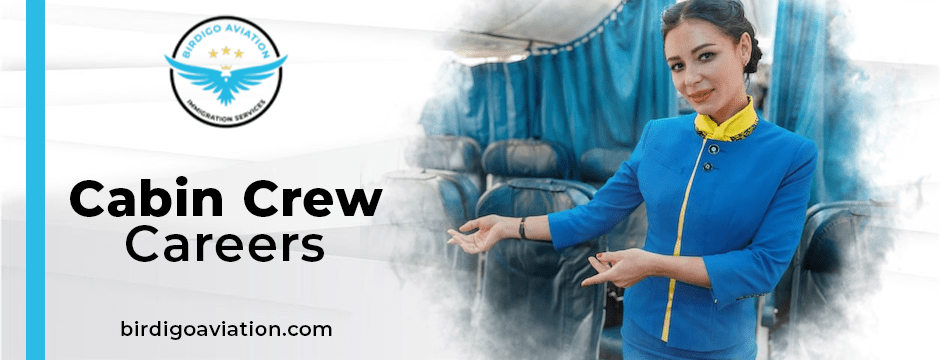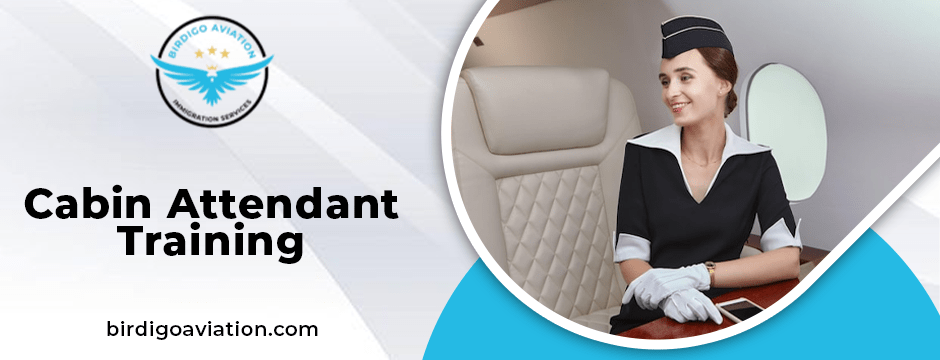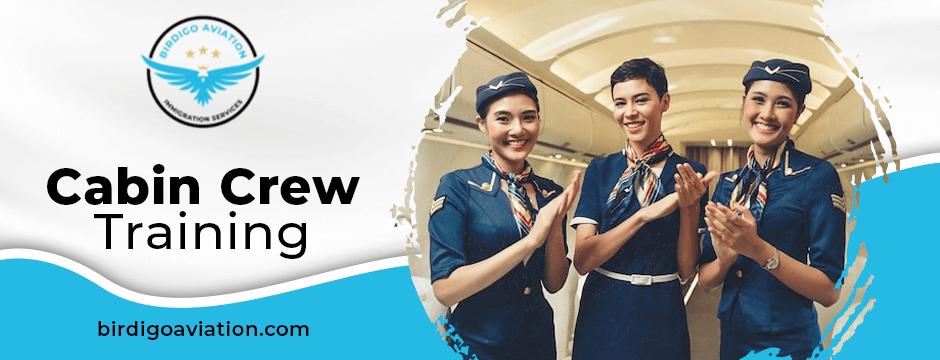Choosing a career as a cabin crew member can be exciting, adventurous, and rewarding. Similar to other professions, it also comes with both advantages and challenges. Understanding both the benefits and potential drawbacks of cabin crew careers is crucial before committing. This insight will help aspirants make informed decisions and set realistic expectations about life at 30,000 feet.

1. What Makes Cabin Crew Careers Appealing
One of the most significant advantages of a career in the skies is the opportunity to travel. Cabin crew members get to visit multiple cities and countries, often experiencing different cultures firsthand. This exposure not only broadens one’s perspective but also allows for personal growth and networking opportunities across the globe.
Another appealing aspect is the structured salary and benefits. Airlines often provide competitive pay, health insurance, travel perks, and allowances that make this career financially rewarding. Additionally, airhostess training equips individuals with valuable life skills such as customer service, first aid, communication, and problem-solving, which are useful both professionally and personally.
Flexibility is another draw. Many airlines offer roster systems that allow cabin crew members to have consecutive days off, enabling them to plan personal activities, pursue hobbies, or even continue their education alongside work. For those who thrive in dynamic environments, the variety and excitement can be highly fulfilling.
2. Challenges to Consider
Despite the glamour, it is essential to consider the challenges associated with cabin crew roles. The job requires long hours and irregular schedules, often including overnight flights, weekends, and holidays. This can make maintaining a work-life balance difficult, particularly for those with family commitments.
The physical demands are also notable. Standing for long periods, lifting luggage, and dealing with jet lag can take a toll on the body. Cabin crew members must maintain a certain level of fitness and stamina to meet the demands of the job effectively.
Furthermore, the role comes with high responsibility. Ensuring passenger safety, managing emergencies, and handling difficult situations calmly are part of the daily routine. While cabin attendant training prepares candidates for such scenarios, the mental and emotional pressure can be intense, especially during peak travel seasons.

3. Skills That Make You Successful
Success in this field requires a combination of personal and professional skills. Strong communication, empathy, and problem-solving abilities are essential for handling diverse passenger needs. Attention to detail, punctuality, and adaptability are also highly valued, as they contribute to the overall safety and efficiency of flights.
People considering a career as a cabin crew member need to attend professional cabin crew training to develop potential skills and make their dream come true. Training programs focus on safety protocols, in-flight services, emergency management, and customer service excellence, ensuring that candidates are well-prepared for the responsibilities of the job.
4. Career Growth Opportunities
Many people assume that cabin crew positions are stagnant, but there are ample growth opportunities. With experience, crew members can progress to senior roles, such as purser, trainer, or management positions within the airline. This progression often comes with increased responsibilities, higher pay, and the chance to mentor new staff.
Additionally, the skills gained during cabin crew service, such as communication, leadership, and problem-solving, can be transferable to other sectors, including hospitality, customer relations, and corporate roles.
5. Work-Life Considerations
While the travel perks and excitement are considerable, it is essential to evaluate personal priorities. Cabin crew roles can impact relationships, social life, and long-term commitments due to irregular schedules and time away from home. Being mentally prepared for these challenges and maintaining healthy routines can make the career more sustainable.
6. Why Professional Training Matters
Opting for professional cabin crew training is not just a requirement; it is an investment in your career. Training ensures candidates understand airline protocols, safety standards, and passenger management, which are critical for both efficiency and safety on board. Proper training boosts confidence and enhances employability in competitive airline recruitment processes.

7. Promoting Birdigo Aviation Services
For aspirants seeking comprehensive guidance, Birdigo Aviation provides exceptional cabin attendant training courses. Their curriculum covers in-depth safety protocols, communication skills, grooming standards, and real-life simulations to prepare students for real-world airline environments. By enrolling with Birdigo, candidates gain a competitive edge and the confidence needed to excel in managing the job role of a cabin crew. With experienced instructors and a structured approach, the institute ensures every student is ready to meet airline expectations effectively.
Conclusion
Embarking on cabin crew careers offers an exciting mix of travel, skill development, and professional growth. While the role comes with challenges like irregular hours and physical demands, the benefits of personal development, exposure to new cultures, and career progression opportunities are compelling. Investing in quality attendant training not only prepares aspirants for the demands of the job but also increases their chances of long-term success.
Moreover, a career as a cabin crew member fosters resilience, adaptability, and strong interpersonal skills that are valuable both professionally and personally. It allows individuals to build a network of global connections, experience diverse work environments, and create memories that last a lifetime. For those with a passion for hospitality, adventure, and service, pursuing this career path can be deeply rewarding, offering not just a job but a lifestyle filled with growth, learning, and unique experiences at every altitude.

